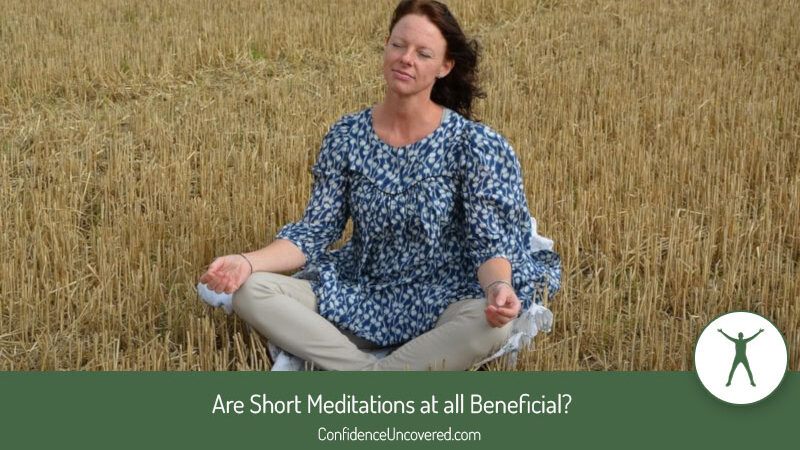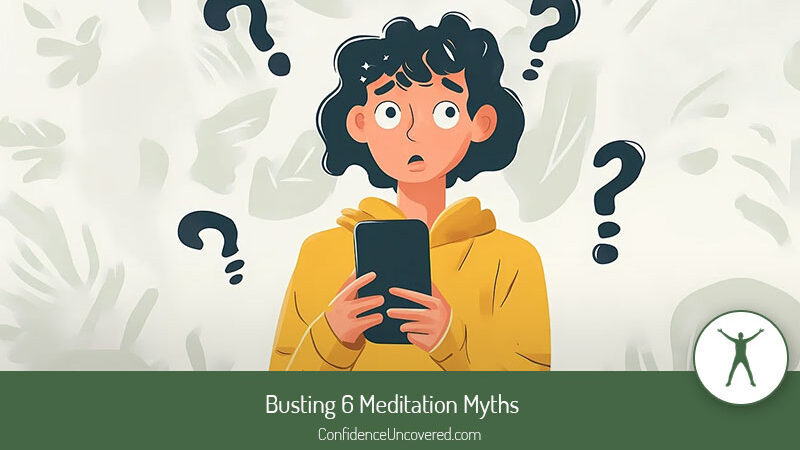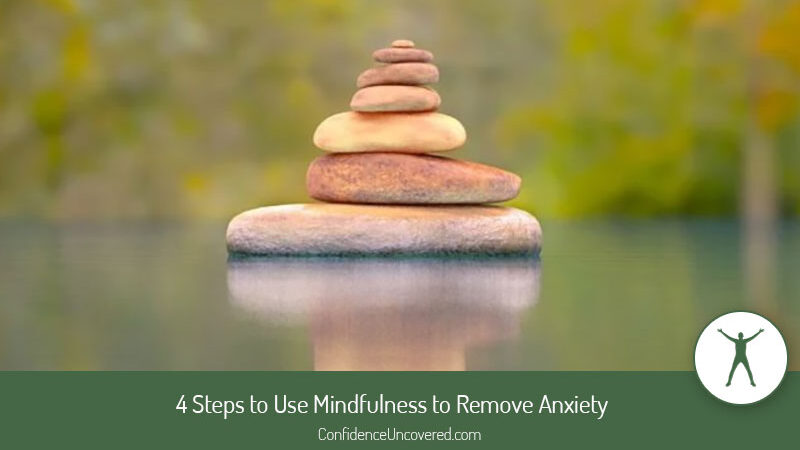What is Mindfulness?

Well, you’d think that was a fairly simple question, wouldn’t you?
The problem, is that mindfulness as a concept, can be entirely different for different people. To some people, being mindful is paying attention to other’s beliefs. For others, it can be the ability to be intentional, friendly and caring. It can also be seen as the ability to be considerate and thoughtful with their actions, etc.
And, although all of these examples are rightfully mindful, for the purposes of our journey, I’ll be using a definition from around 2,500 years ago.
What is mindfulness?
Mindfulness, or the concept of Mindfulness is an interpretation of the original Pali term ‘sati‘.
The original translation of Sati was to ‘keep something in mind’ ,or ‘to remember’, which makes sense. When we talk about mindfulness of the breath, for example—we’re talking about remembering the breath, maintaining your awareness on the breath.
Rupert Gethin, a practising Buddhist, who’s also Professor of Buddhist Studies at University of Bristol and President of the Pali Text Society, says…
“[sati] should be understood as what allows awareness of the full range and extent of dhammas; sati is an awareness of things in relation to things, and hence an awareness of their relative value. Applied to the satipațțhānas, presumably what this means is that sati is what causes the practitioner of yoga to “remember” that any feeling he may experience exists in relation to a whole variety or world of feelings that may be skillful or unskillful, with faults or faultless, relatively inferior or refined, dark or pure”
In other words, ‘to experience things as they are and to maintain awareness of reality’.
So, a reasoned definition would be…
“a practice of non-judgmentally acknowledging and accepting one’s thoughts, feelings, emotions and bodily sensations exactly as they are, on a moment-to-moment basis.”
That’s all fine, but what does it mean for me?
Well, the idea behind it, is that if we examine our thoughts, our emotions and the physical sensations, of a particular experience, but we don’t judge them, we can start to be fully present for every experience in life and actively set our own intention for them.
If you’re still not sure, here’s a quick ABC…
A – Appreciate the present moment. Take the time to really identify and appreciate what you’re feeling, whatever it is you’re doing.
B – Be, Just be. Remember that we’re Human BEings. In so much of our everyday lives, we act more like Human ‘DOings’. Take a moment to relax and just ‘be’ in the moment.
C – Clear your life. Remove things from your life that don’t serve you. If you’re spending your time on things that don’t matter, there’s less time to spend on the things that do.
Here’s a fun animation from ScienceGuy, that gives a quick explanation of how the mind gets distracted, and how mindfulness can help.
Is there any scientific evidence that mindfulness works?
Actually, yes.
Scientists have used Magnetic Resonance Imaging (MRI) scans to investigate how mindfulness affects the brain (Lazar et al., 2005; Hölzel et al., 2011; Lutz et al., 2014).
And the research suggests, that mindfulness can lead to both structural and functional changes in regions of the brain, involved in the regulation of attention, emotion and self-awareness.
They found that meditation increases the density of both grey and white matter in the prefrontal cortex of the brain. They’ve also noticed thickening in other areas, including the hippocampus and posterior cingulate (Hölzel et al., 2011).
And the best news? These findings aren’t solely based on people who’ve been practicing meditation for many years (Lazar et al., 2005). There’s also good evidence to suggest that these changes occur in people who are new to mindfulness!
The changes were identified in people who’d taken part in an eight-week Mindfulness Based Stress Reduction programme (MBSR). Which would involve participants, both seasoned and beginners, practicing mindfulness for about 30-minutes per day on average (Hölzel et al., 2011).
So there you have it. Both personal experience and science say that mindfulness works. Why not give it a try?
If you have any views, comments , or thoughts, drop them in the comments. You can find out more about the benefits of Mindfulness and Meditation by reading this post.





